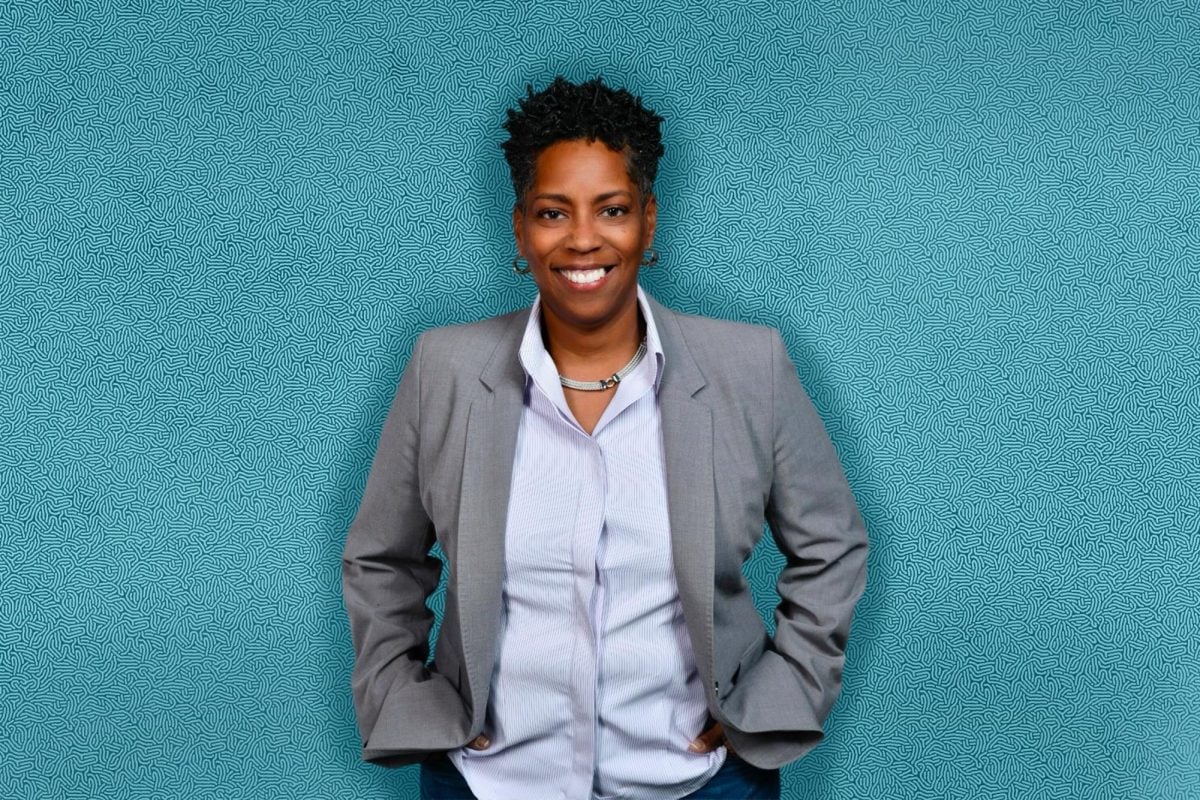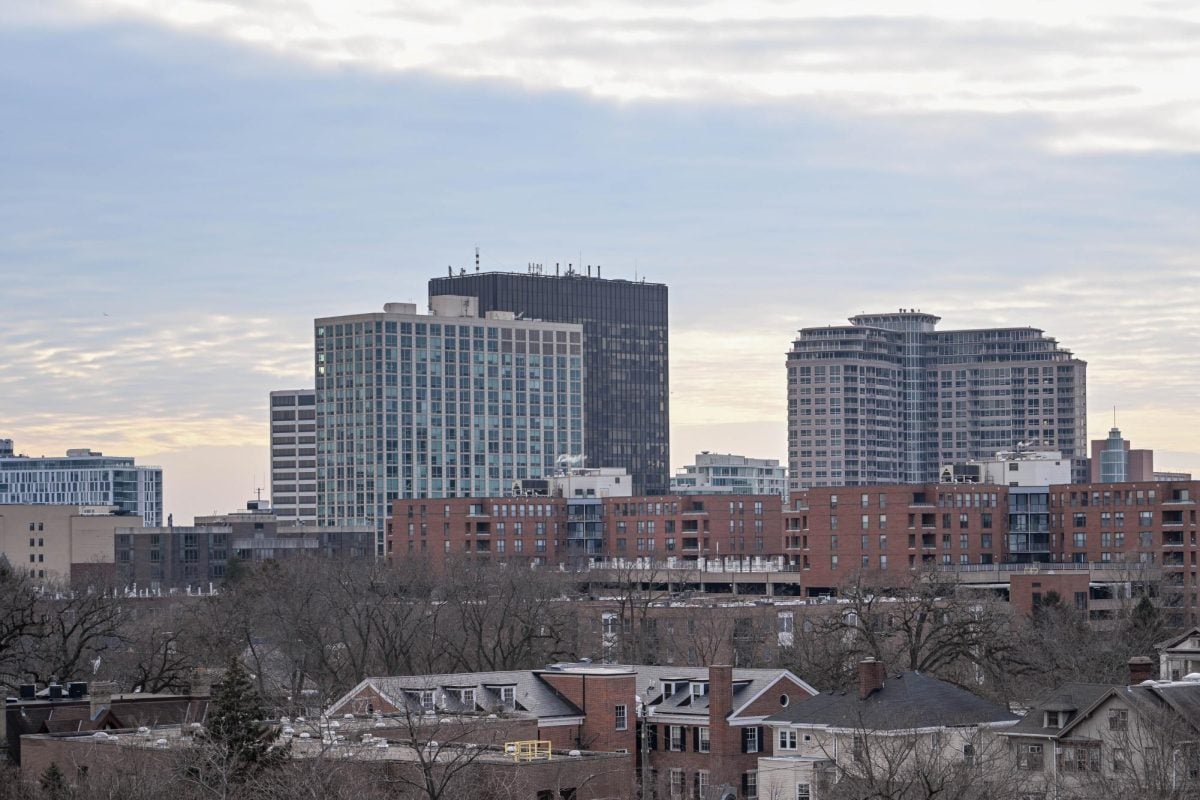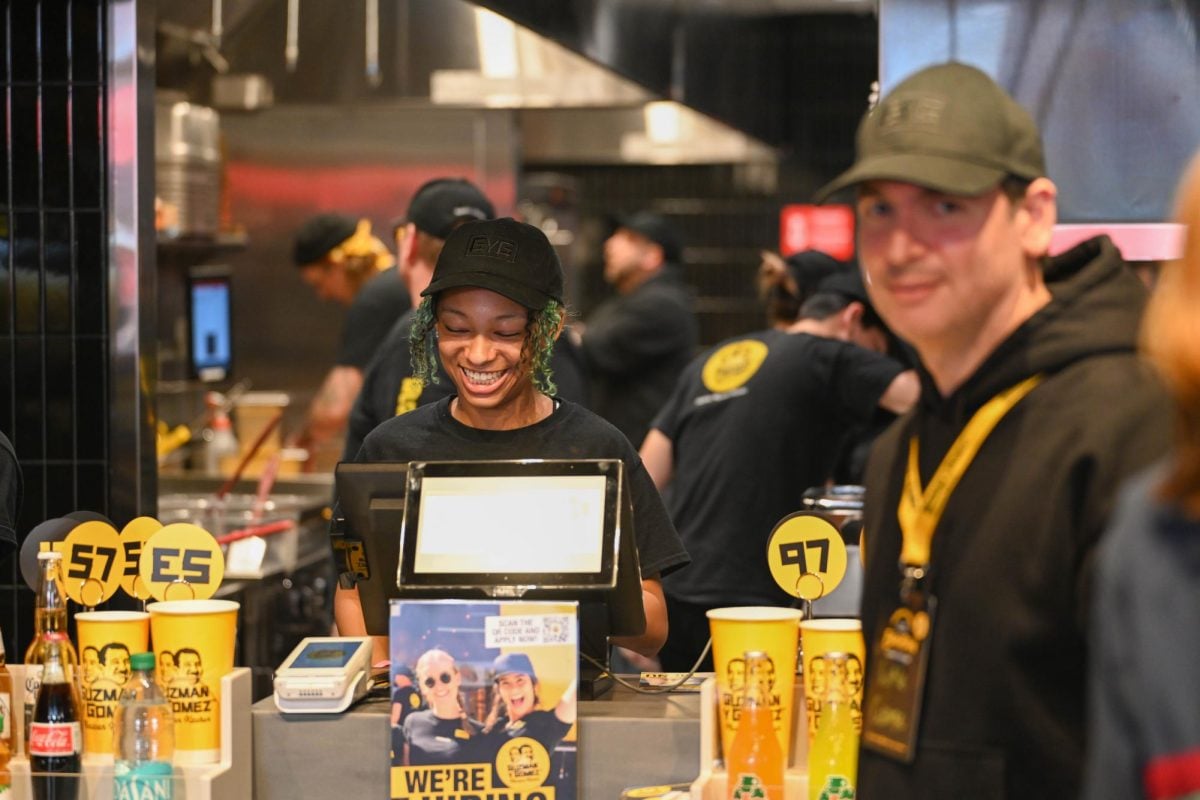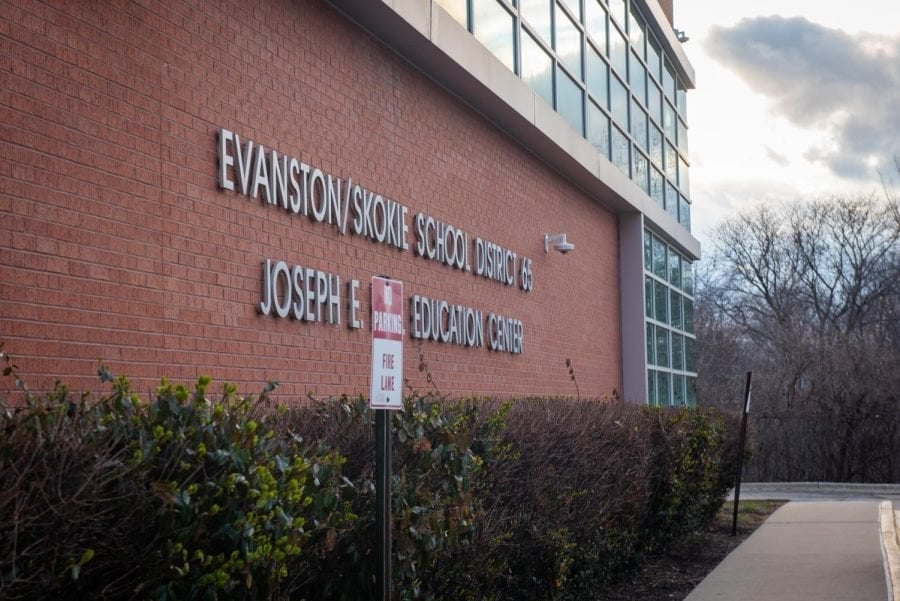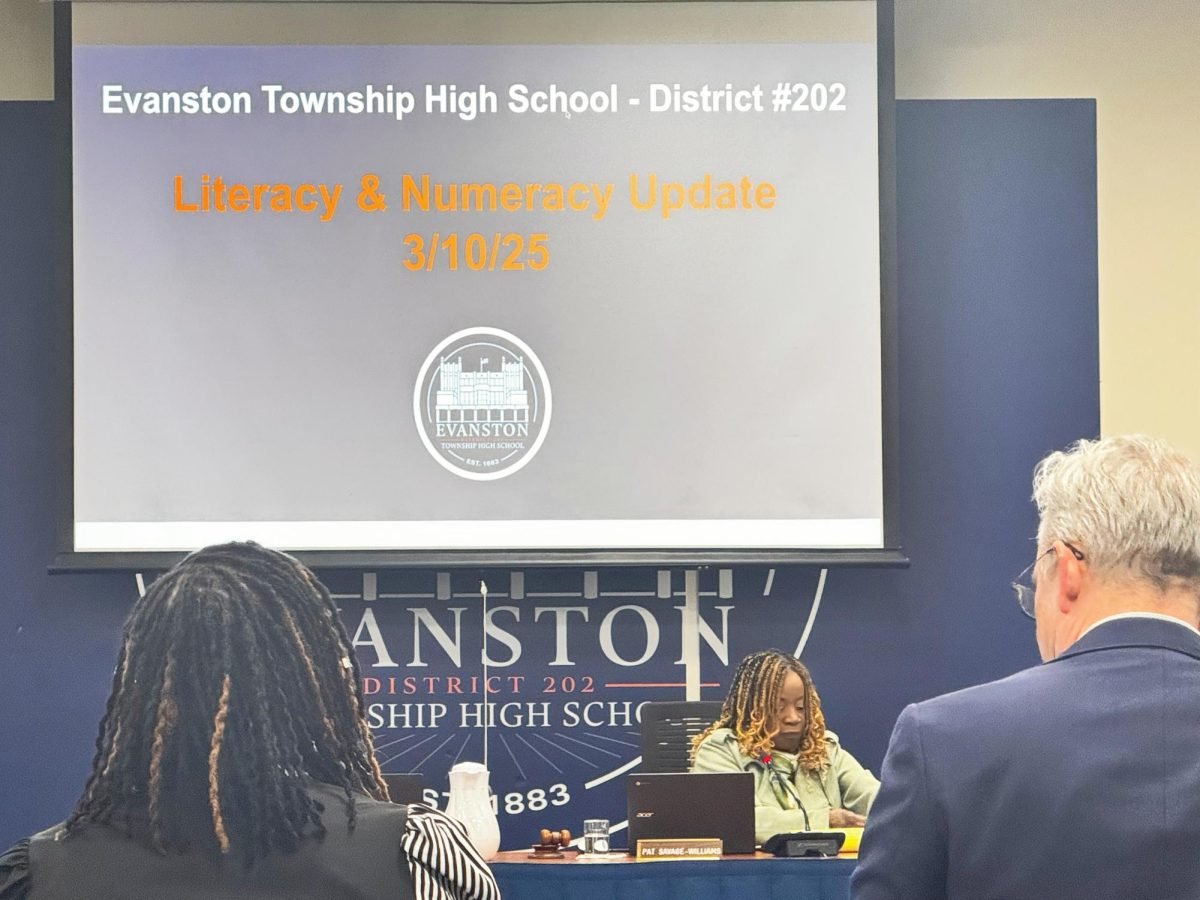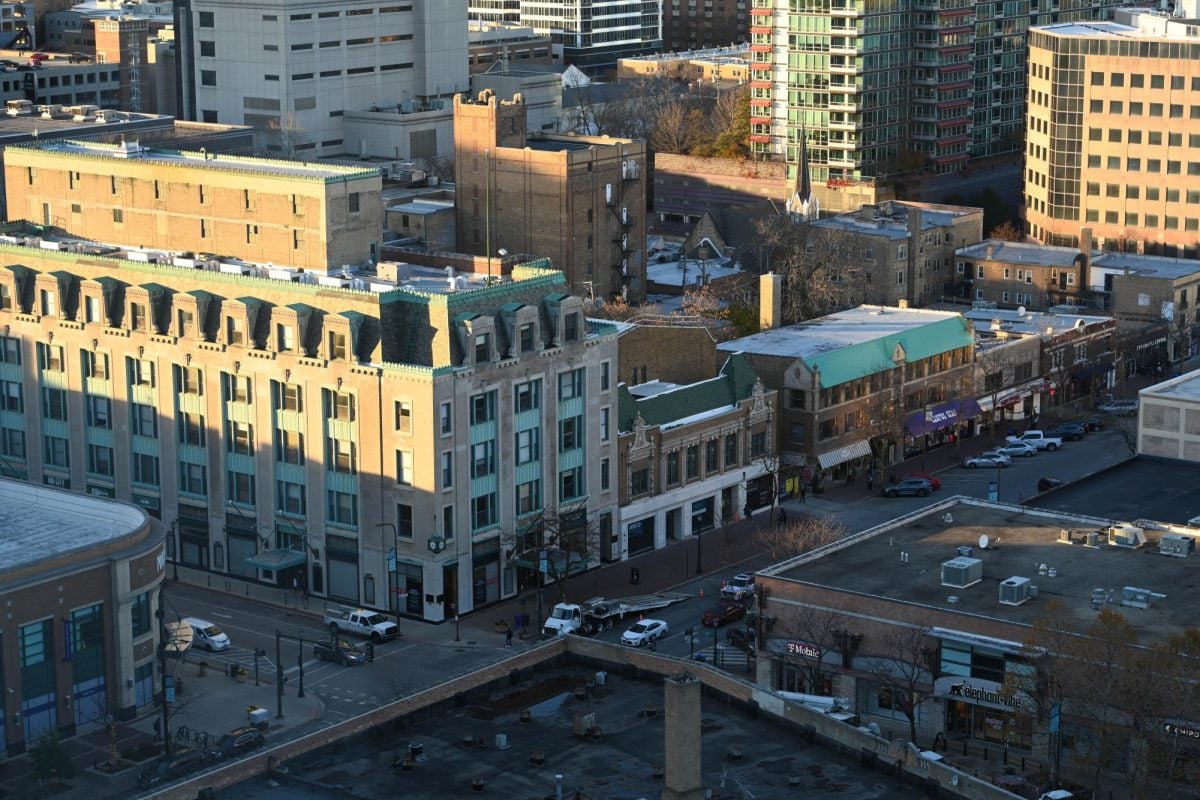Editor’s Note: This story is part of a series of candidate profiles for the District 65 board election.
Nichole Pinkard, a Northwestern professor in the School of Education and Social Policy, is campaigning for one of the four open seats on the Evanston/Skokie School District 65 Board of Education.
Pinkard, a former District 65 guardian and the founder of Digital Youth Network, said her experience conducting research within the community provides her with a “unique” perspective of the district.
“I understand ecosystems. I understand the role of the school in relationship to all the other civic institutions,” Pinkard said. “You’ve got to understand the structure to then understand what’s possible.”
The Daily spoke with Pinkard about her vision and priorities for District 65 if elected to one of its open seats.
This interview has been lightly edited and condensed for clarity.
The Daily: What went into your decision to run for school board?
Pinkard: My focus of research is in the communities in which I live. So I spend a lot of time focusing on informal learning here in Evanston. But I also lead the Office of Community Education Partnerships, which puts me in direct interaction and relationship with both school districts, so I have an understanding of what’s going on.
I felt that the set of issues that are going to be in front of this board these next four years are some that I have a perspective that I can add.
The Daily: Out of everything you want to accomplish as a board member, what is your first goal during your term?
Pinkard: We have to right-size the budget and be clear about whatever changes are going to happen now and make sure we’re viewing them in light of … implications for learning down the line.
For me, one of the big goals is to try to reimagine expectations for eighth graders graduating because there’s a phenomenal high school that everyone goes to. How do I come out of eighth grade knowing my skill sets, and what’s possible so I enter that high school willing to take advantage of it?
The Daily: The district is currently implementing financial cuts from Phase 2 of its Structural Deficit Reduction Plan. The next phase, Phase 3, includes school consolidations. As a board member, what are your priorities when it comes to navigating these consolidations and Phase 3 as a whole?
Pinkard: Evanston is a design of neighborhood schools. Part of the reason to bring back the Foster School building is because its removal, given the number of families and kids who live in the 5th Ward, creates an unbalanced structure. So we now have to understand: Are we (still) neighborhood schools?
I don’t know what that solution is now, because that’s a whole board, but also, it’s data. You’ve got to make hard choices. Be transparent about those choices and provide pathways for parents to adapt to them.
The Daily: One thing several community members have spoken about, especially regarding the closing of Dr. Bessie Rhodes School of Global Studies, is a lack of communication and transparency from the board. How do you plan to address this gap?
Pinkard: One is just a complete overhaul of how we’re communicating. So what is the relationship between the board and the superintendent when those types of interactions need to happen with parents?
There’s a need and a desire in Evanston for many folks to want to know the data. The board has to do a lot more in holding accountable, asking hard questions about fiscal and the implications. We shouldn’t have to wait until the next board (meeting) — that should be something that’s triggered and the information is made publicly available.
The Daily: Your website also mentioned the opening of the Foster School in Evanston’s 5th Ward and its importance to the community. As a 5th Ward resident and a candidate for the board, what would your vision be for the Foster School?
Pinkard: The school coming back is a structural need, if you look at the size of the body. It’s really important to honor the history of the community that was there.
We have an opportunity to open that school in a way that really is a quality school (in a place) that needs to have a K-5 school. And if it opens up well and if it opens up effectively, it creates an opportunity for kids to want to go to their neighborhood school.
The Daily: You talk a lot about connecting the schools with different community organizations and public institutions. How would you enact that relationship as a board member?
Pinkard: Part of it is already happening, it’s just how to centralize it. We put most of the responsibility onto the school, but we live in a phenomenal community that has great resources. Given the fiscal realities, we can just think about how to step back and understand what’s going on and do a better job of connecting resources.
Email: MarisaGuerraEcheverria2027@u.northwestern.edu
Related Stories:
— Q&A: D65 candidate Lionel Gentle talks transparency, support for teachers
— Q&A: D65 candidate Maria Opdycke talks financial transparency goals
— Q&A: D65 candidate Andrew Wymer talks student belonging, strategic plan

